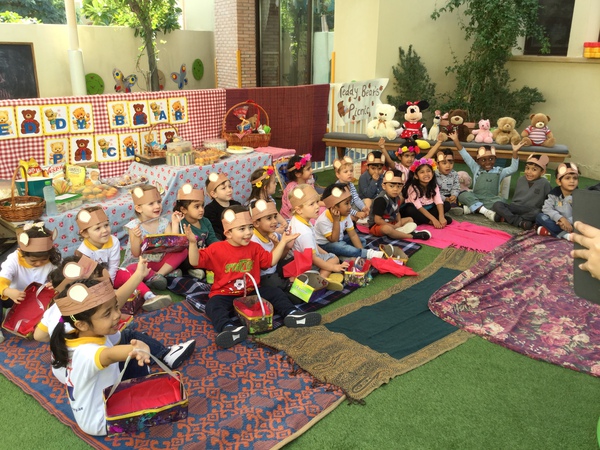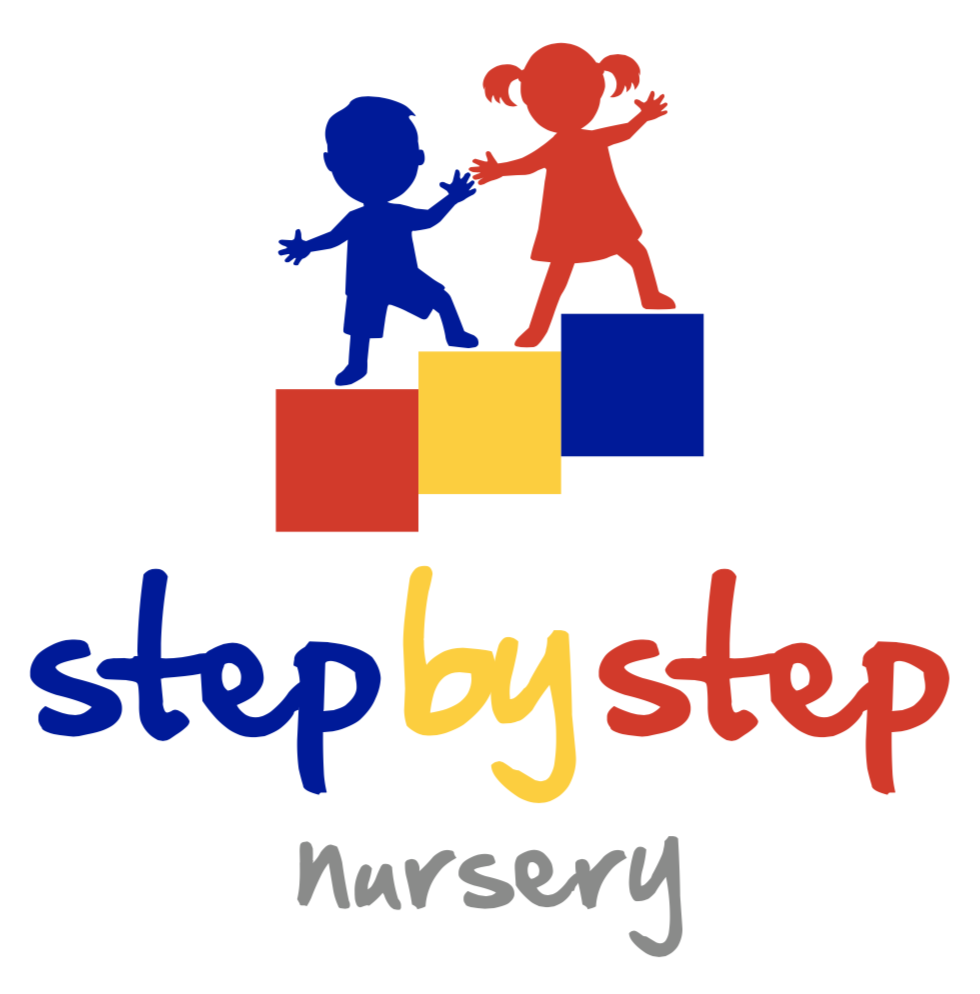Can early childhood education make a significant difference to your child’s future? Can choosing a good pre-school have a positive effect on their adult life?
Experts certainly believe so. Good quality teaching and a well-planned curriculum in nursery school can hugely benefit a child, long after they leave for primary school, and even well into adulthood.
Transform Lives
James Heckman, a Nobel Prize Winner and Professor of Economics at the University of Chicago, is one of the many advocates for high-quality early childhood education. He believes that a strong educational foundation has the power to transform lives and that investment in young children can hugely benefit society, economically and socially.
He has often used the analogy of a growing tree to explain his reasoning. A young tree that is well-nurtured, fed and watered grows strong and tall. It develops strong roots that make it resilient to storms and drought. It will likely fare better than a tree that’s left to its own devices.
Long-term Benefits of Nursery Education
In the UK, researchers from the Institute of Fiscal Studies followed a cohort of British children, some of whom received a nursery education, right through to adulthood.
Their findings were that there are ‘positive and long-lasting effects from early education. Specifically, pre-compulsory education (pre-school or school entry prior to age 5) was found to yield large improvements in cognitive tests at age 7 … [and] remained significant throughout the schooling years, up to age 16 … In adulthood, pre-compulsory schooling was found to increase the probability of obtaining qualifications and to be employed at 33.’
So, research suggests that children who attend a good nursery school may do better in school and may even go on to achieve better school and university qualifications. This, of course, empowers them in their career choices later.
Skills Beget Skills
James Heckman firmly believes that ‘skills beget skills’. The earlier children develop certain skills, the easier it will be for them to develop more and more skills later on.
This is a view echoed by other early education researchers around the world, who believe that working on ‘soft skills’ (such as confidence, socialization, communication and motivation) in preschool can empower a child to perform well academically in school and achieve goals in adulthood.
Here are seven ways in which a high-quality early childhood education can help shape your child’s future.
Inspiring a Thirst for Learning
If this is your child’s first experience of education, you need it to be a good one. A high-quality pre-school will enthuse children to learn, make discoveries, and immerse themselves in books and learning materials. The seeds for a lifelong love of learning are sown in a preschool that teaches a fun and exciting curriculum.
Build Confidence and High Self-Esteem
Building relationships and having plenty of positive interactions with teachers and other children is hugely beneficial. These exchanges promote a positive outlook and a secure self-image. Having this confidence allows children to explore interests and build skills by encouraging a ‘have-a-go’ attitude.
Promoting Resilience
Resilience is a vital skill. It means that when we fall, we can pick ourselves back up again. We can carry on with determination even when we experience a setback. A good nursery school can promote resilience through a secure and nurturing environment that sets clear expectations and boundaries.
Identifying Necessary Support
Sometimes children need a little extra support in learning environments. This may be behavioral support or learning support for issues such as dyslexia or speech delay. The sooner these problems can be identified, the sooner the child can receive the necessary help. This means better long-term outcomes for the child.
A good nursery school will employ early years professionals who are well-qualified and experienced in identifying areas for development and helping children who need a little extra support.
Teaching Respect
Socialization is an important aspect of nursery education. We know that we must help our children diversify in their relationships outside the family, which is often a key motivator for enrolling a child in nursery school.
In an early educational setting, your child will need to learn to navigate their new surroundings, where both toys and adult attention must be shared. Respect for others in the nursery environment and the environment itself is quickly learned through the excellent role-models that are their teachers and by learning organically alongside their peers.
Experience Diversity
Valuing diversity is an important life skill. Nursery school is a valuable opportunity for a child to first learn that we are all unique. A young child can build new friendships with children who come from different cultural backgrounds and whose families have different beliefs. This can be an enormously positive experience that continues to influence them later in life.
Developing Concentration and Good Listening Skills
Children will learn to concentrate on listening to directions and instructions at nursery school, as well as to value contributions from other children during group work.
Listening is vital for good communication and the ability to form relationships with others. Being able to listen well will also positively impact children’s performance in primary school and beyond. Getting a head start with this important skill is a significant benefit of nursery education.
The Value of a Good Nursery Education
While preschool is a valuable opportunity to gain academic skills, like pre-reading and pre-writing, get ready for primary school and to socialise, a good nursery curriculum will promote so much more.
While children are ‘playing’ in a good nursery, they are also getting ahead with so many of the soft skills that will help them achieve a lot in school and beyond. In other words, they are learning to be a well-rounded, confident and perceptive person from the get-go.




